Menu
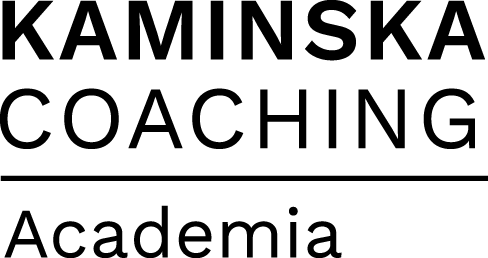
Women in
Academia
Doctoral candidates
Post-docs
Managers

Women in
Academia
Doctoral candidates
Post-docs
Managers
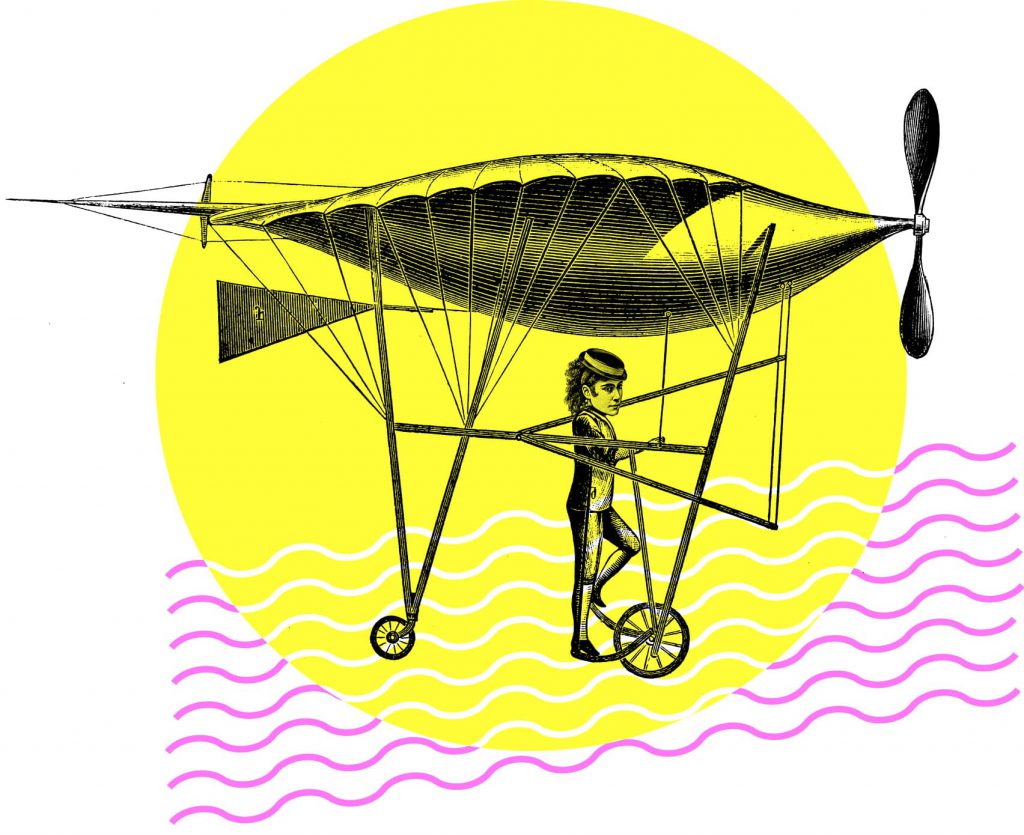
Intrinsically motivated, well-educated and highly interested in their subject – these are women in academia.
In the course of their professional development, some of their challenges become similar: The questions of adequate self- and stress management or good, appreciative communication do not lose their importance in the course of professional development. Later, questions of leadership and role clarification are added. How do I add leadership skills to my expert knowledge? How do I ensure that my employees become an (agile) team? And: How do I deal with the tension between interesting work and the uncertainty of a temporary position?
In coaching sessions and workshops on career development, adequate communication, and team development, we develop the best possible way to deal with challenges and take advantage of opportunities.

To work on a dissertation for several years at a time demands a wide range of skills from you. Of course, it is first and foremost about the topic for which the researcher is burning. At the same time, however, it is also important to find routine and a rhythm in the new tasks and to motivate yourself again and again. In communication with the supervisors, you should and must stand up for your own interests. At the same time, you ask yourself what will happen professionally after the dissertation and how you can successfully distinguish yourself during this time.
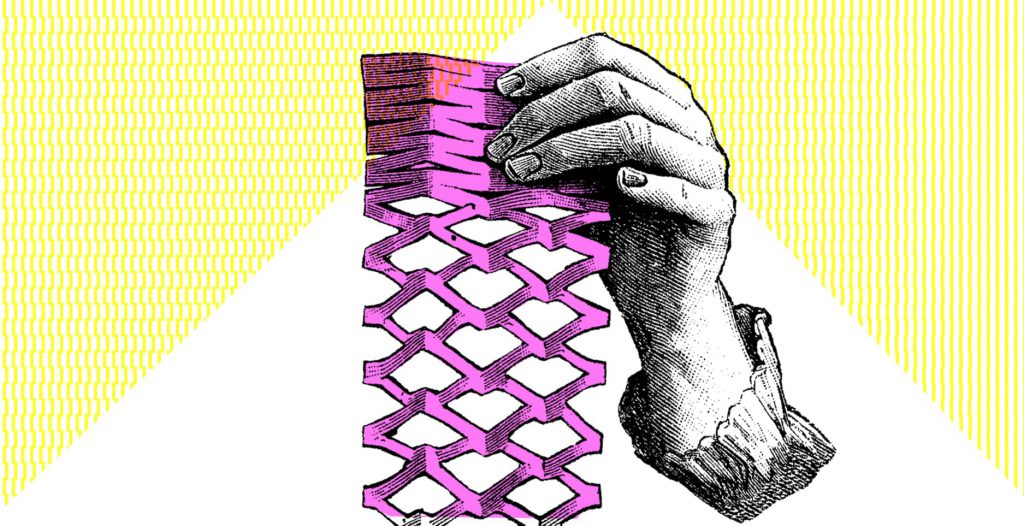
As a post-doc, you are increasingly involved in a work structure that requires you to deal with activities outside of pure research work. You do project work, have more and more administrative tasks and deal with your own external impact in networks and groups. Adequate communication with colleagues and partners becomes more important, as does the question of what to do next professionally.

Taking on tasks in which you lead others first means reflecting on how you want to be in this role. What does leadership mean to you personally, what positive and negative experiences have you had in this regard, what kind of leadership style do you want to adopt? In addition, you will increasingly deal with communication within and outside your team and with the design of the joint work. You are also in the “rush hour” of life and balance your research tasks with family work.
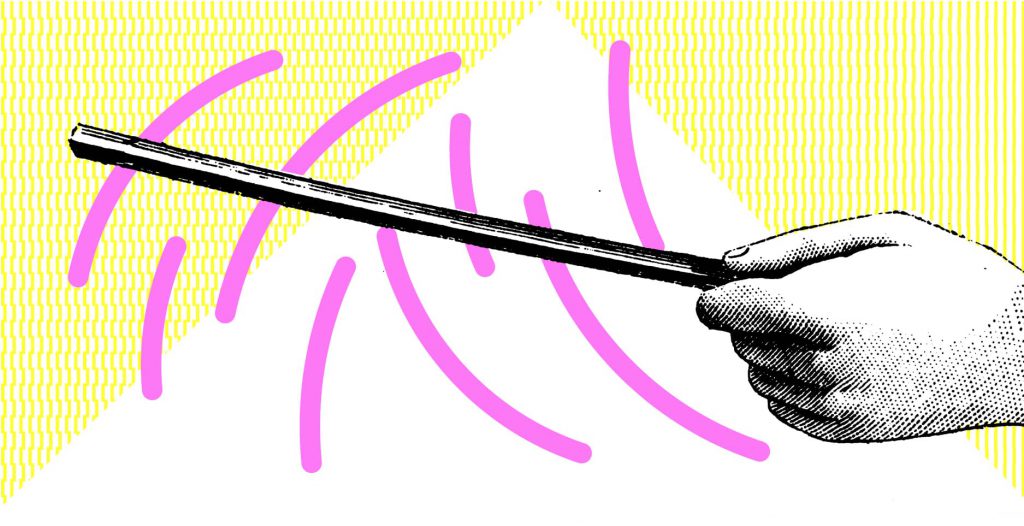
The topics of the workshops I offer are specific to women in science. We deal with the gendered perspective on networking, leadership without a superior function (lateral leadership), leadership for (new) leaders and career development in and outside of academia. Apart from that, I moderate closed-session-meetings for departments and support teams through team development workshops and team coachings.

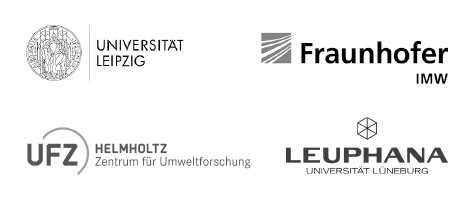
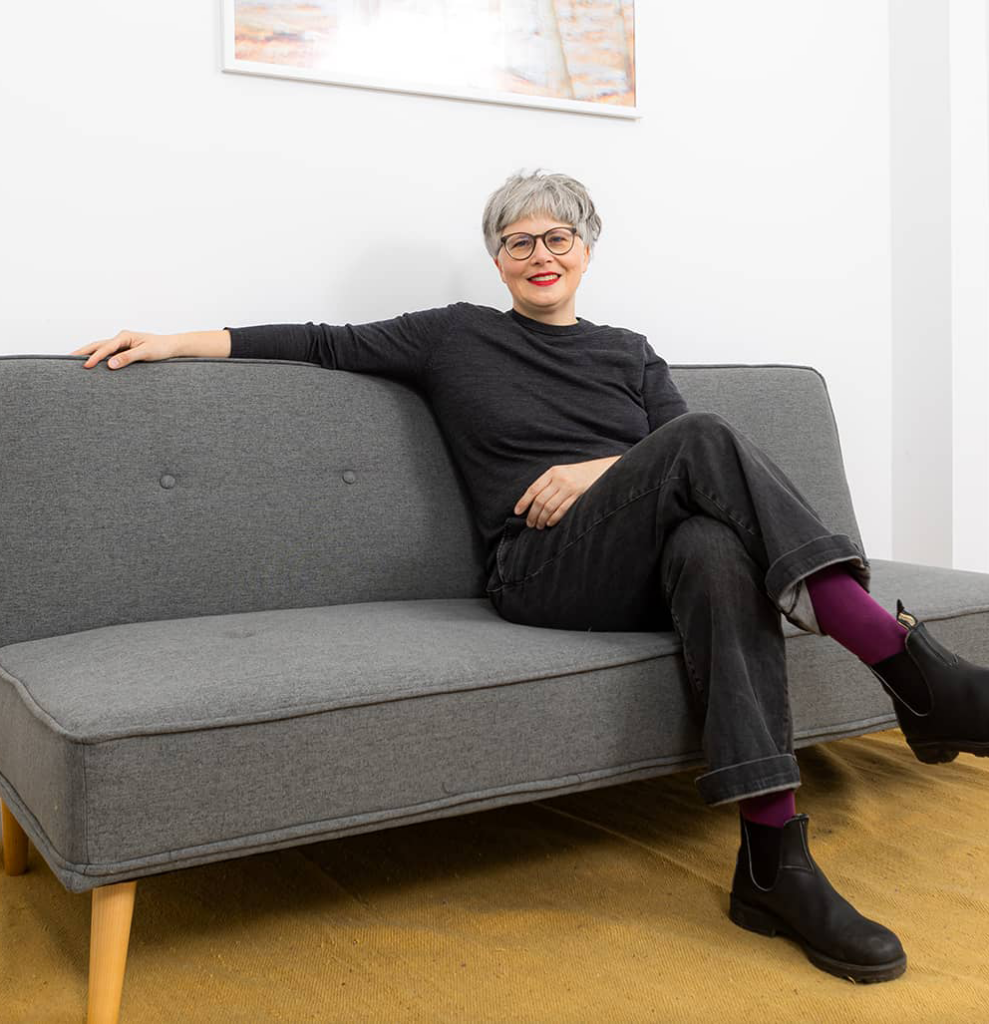
Hi, I’m Magdalena. Since 2011, I have been working as a coach with focus on career development, especially with and for women in science and academia. I studied Cultural Studies and English (MA) in Leipzig and 2024 I have finished my Master’s in Applied Positive Psychology and Coaching Psychology at the University of East London. In my work as science manager I coordinated a large EU project in medicine (Leipzig University) and later was based in immunology at the Helmholtz Centre for Environmental Research. My superiors were impressive women who I accompanied through the highs and challenges of their demanding tasks. Not only these experiences but also a strong belief that academia needs far more female voices motivate me. Also, my clients are not only smart and quick but also equipped with a great sense of humour, another big perk of my work. I look forward to meeting you!
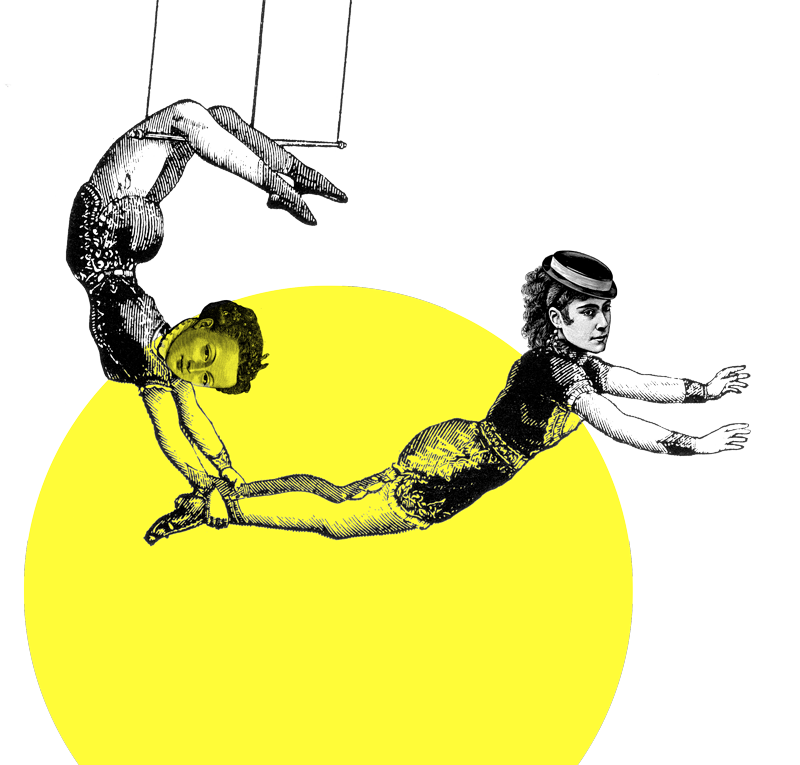
Sternwartenstraße 21
04103 Leipzig
kontakt@kaminska-coaching.de
Fon: 0176 294 076 54